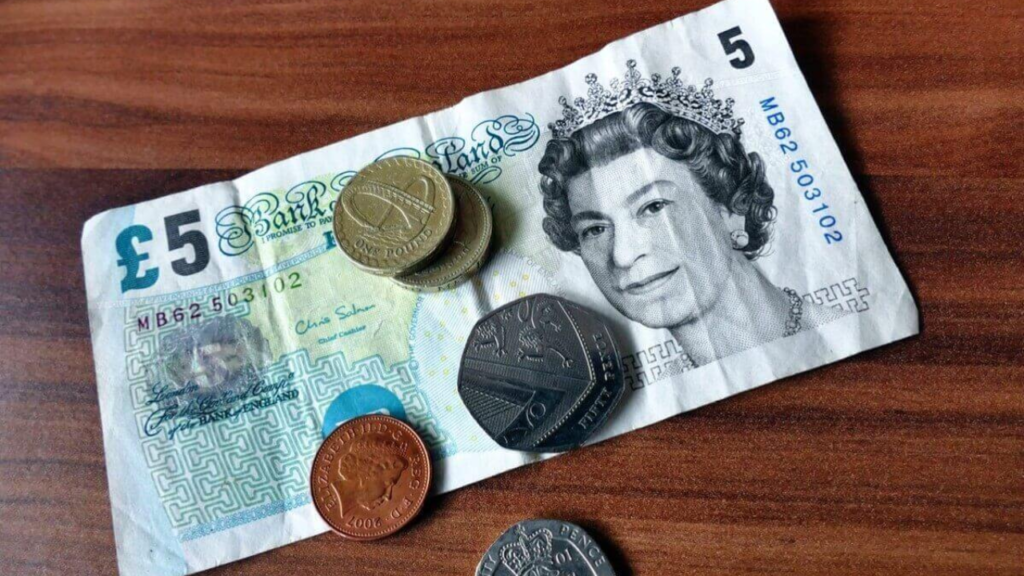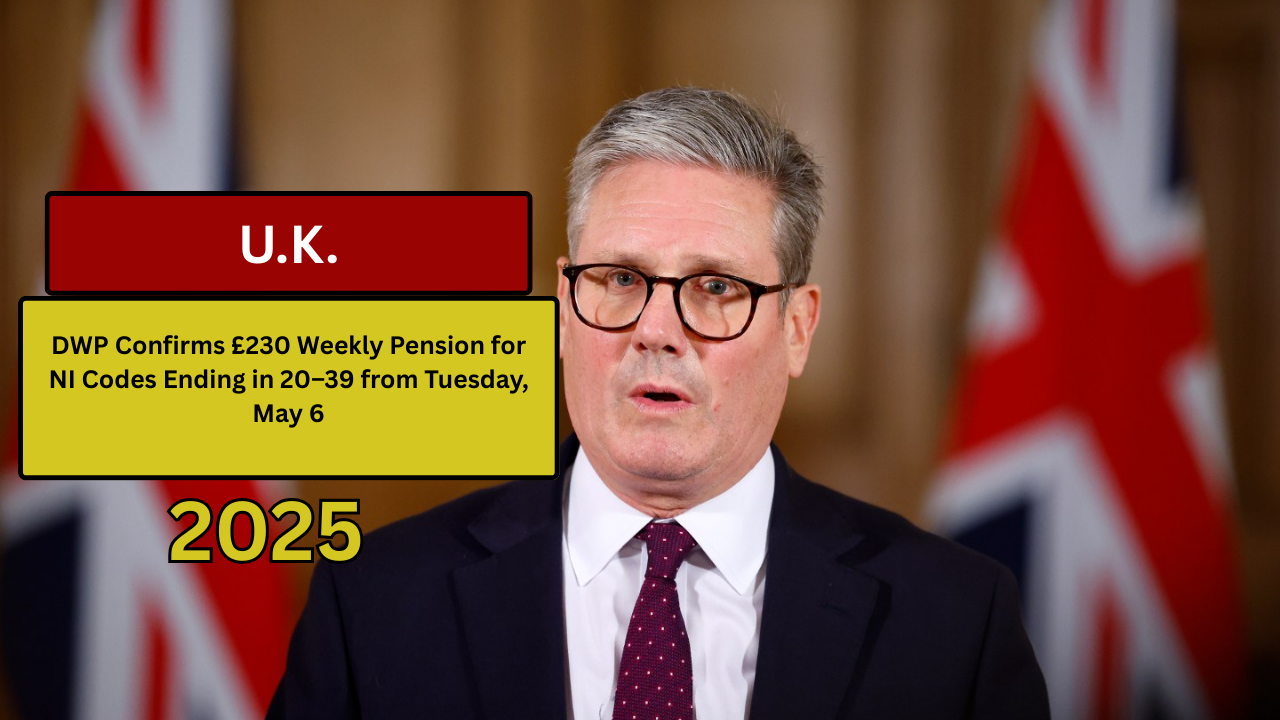The Department for Work and Pensions (DWP) in the UK has confirmed that state pensioners will receive a weekly payment of £230.25 starting Tuesday, May 6, but only if their National Insurance number ends with a specific two-digit code.
This announcement comes in the wake of the new tax year 2025/26, which started on April 6. With it, both the basic and new State Pensions have gone up by 4.1%, following the rules of the government’s triple lock system.
Let’s break down everything you need to know about this pension increase and how to find out if you’re eligible for the Tuesday payment.
What Is the Triple Lock System?
Every year, the government reviews pension amounts based on the triple lock. This means pensions go up by the highest of these three figures:
- Average wage growth (between May and July of the previous year)
- Inflation rate (measured in September of the previous year using CPI – Consumer Price Index)
- 2.5% flat rate
This year, average wage growth was the highest among the three, so pensions rose by 4.1%.
How Much Is the New Pension Payment in 2025?
In the UK, there are two types of State Pensions:
- New State Pension – for people who reached the pension age on or after 6 April 2016
- Basic State Pension – for people who reached the pension age before that date
Here’s how much pensioners will now receive every week:
- New State Pension: £230.25
- Basic State Pension: £176.45
If you get the full New State Pension, you’ll now receive an extra £470 per year because of the 4.1% rise. For those on the basic pension, it adds about £360 annually.
Why Tuesday, May 6 Matters
Some pensioners will get their first increased payment on Tuesday, May 6, 2025, but this only applies if their National Insurance number ends in a specific range.
The DWP uses the last two digits of a person’s National Insurance number to decide which day of the week they get paid. Here’s the usual schedule:
- 00–19: Monday
- 20–39: Tuesday
- 40–59: Wednesday
- 60–79: Thursday
- 80–99: Friday
So, if your NI number ends between 20 and 39, you should see the £230.25 payment land in your account on Tuesday, May 6.
How Often Is the State Pension Paid?

State Pension is normally paid once every four weeks. You get to choose when you want to start receiving it, and your payments follow that same schedule.
Here’s what the DWP says:
“You’ll be asked when you want to start getting your State Pension when you claim.
Your first payment will be no later than 5 weeks after your chosen date.
After that, you’ll get your full pension amount every four weeks.”
In some cases, you might receive a partial payment upfront, especially if your first full payment hasn’t started yet. The confirmation letter you receive from the DWP will explain what to expect and when.
What Happens If There’s a Bank Holiday?
If your payment date falls on a bank holiday, the DWP might send your money earlier than usual. This is done to ensure that pensioners don’t face any delays in receiving their funds.
So, if Tuesday, May 6 happens to be a bank holiday (or close to one), your payment might show up a little earlier in your bank account.
What Should You Do Next?
Here’s a quick checklist:
- Check the last two digits of your National Insurance number
- If it ends in 20–39, expect your payment every Tuesday
- Watch out for the £230.25 if you’re on the New State Pension
- Make sure your bank details and contact info are updated with DWP
- Keep an eye on the payment date, especially if there’s a bank holiday nearby
Why This Update Matters?
This pension rise is part of the government’s promise to protect the income of senior citizens, especially as living costs continue to rise in the UK. With higher electricity bills, food prices, and rent, every extra pound matters for those on a fixed income.
If you’re a pensioner or know someone who is, it’s worth checking these details and sharing the update so they don’t miss out on this timely payment.

Deepak Grover is a dedicated content writer at OTE News, specializing in government affairs, public policy, and current events. With a keen eye for detail and a passion for factual reporting, he ensures readers receive accurate and insightful news. Deepak holds a degree in Political Science and has experience in research-driven journalism.
When not writing, he enjoys reading historical books, exploring hiking trails, and staying updated with global political trends. His commitment to ethical journalism makes him a trusted voice at OTE News.




